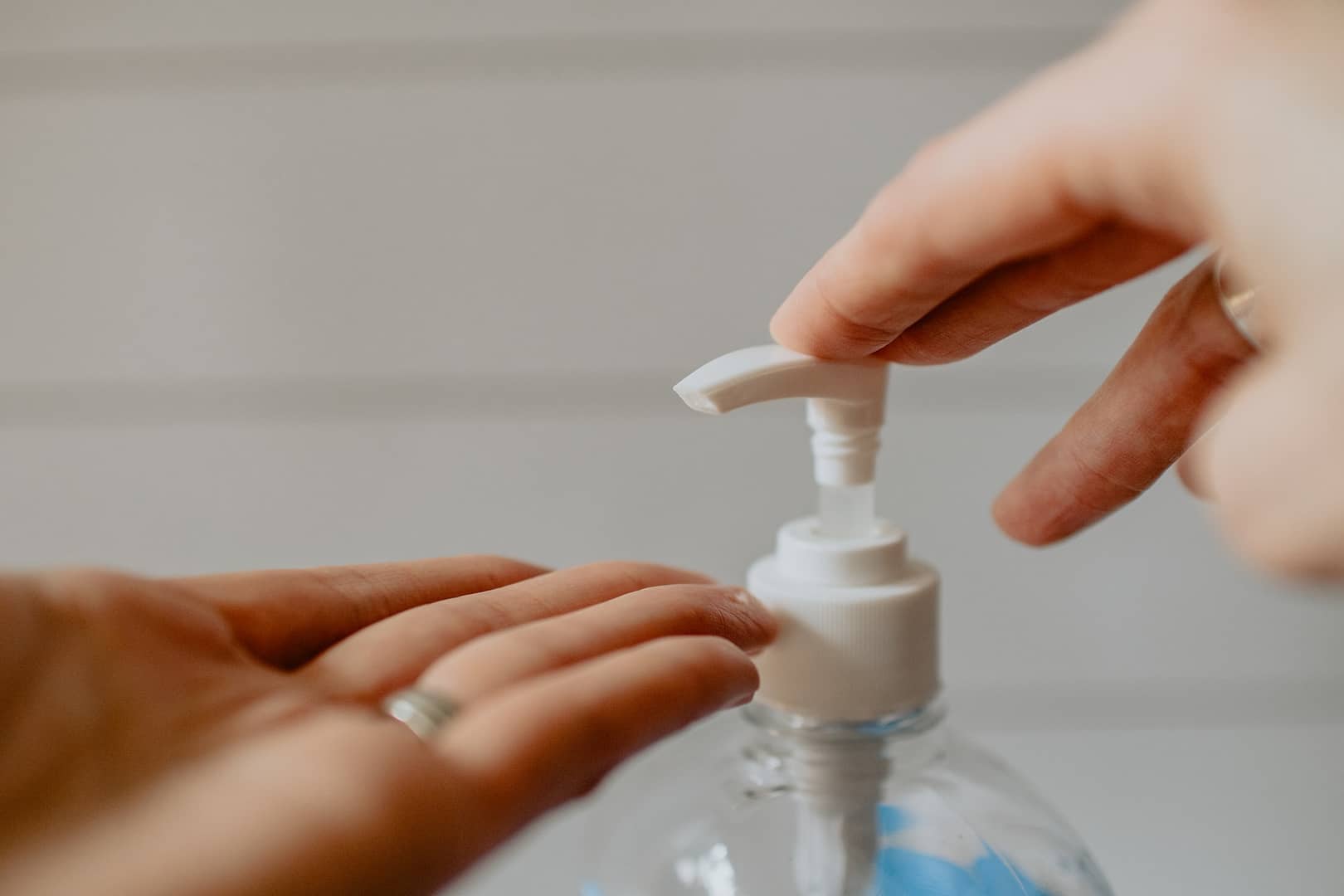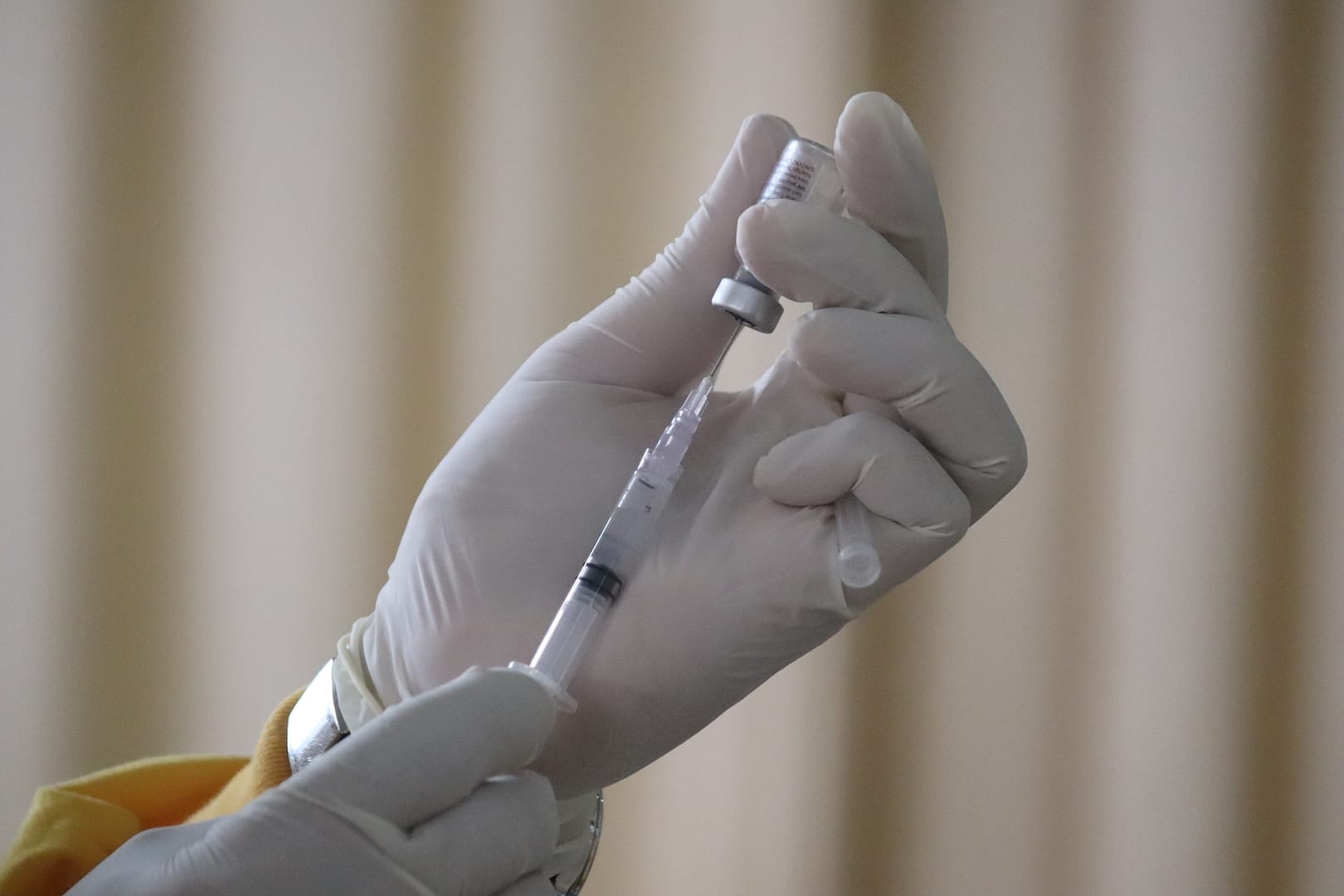In the wake of the COVID-19 pandemic, our world was turned upside down. Our daily lives, routines, and even the way we accessed healthcare were irrevocably altered. As we navigated the uncharted territory of a global health crisis, the healthcare system faced unprecedented challenges. One of the consequences that emerged was the impact on clinical negligence cases. In this article, we will explore how COVID-19 has affected clinical negligence cases, from the surge in claims to the changing landscape of healthcare, all within the context of the UK’s healthcare system.
Understanding Clinical Negligence
Before delving into the effects of COVID-19 on clinical negligence cases, it’s important to understand what clinical negligence entails. Clinical negligence, often referred to as medical malpractice, occurs when a healthcare professional, such as a doctor or nurse, fails to provide an appropriate standard of care, resulting in harm to a patient. These cases can arise from misdiagnosis, surgical errors, medication mistakes, and more.
The Surge in Clinical Negligence Cases
The onset of COVID-19 brought about numerous challenges for the healthcare sector. Hospitals were overwhelmed, resources stretched thin, and healthcare workers were on the front lines, facing an unprecedented health crisis. As a result, clinical negligence claims in the UK witnessed a significant surge.
Patients and their families, already grappling with the devastating effects of the virus, were left questioning the quality of care they received during the pandemic. Many wondered if the healthcare system was adequately equipped to manage such an unprecedented crisis. As uncertainty and fear prevailed, it became increasingly common for individuals to consider the possibility of clinical negligence in the context of the pandemic, seeking answers for potential lapses in care and accountability.
This surge in clinical negligence cases was a reflection of the broader concerns of the public regarding the healthcare system’s ability to deliver care under the immense pressure of COVID-19. It is essential to understand that the surge in claims doesn’t necessarily indicate an increase in clinical negligence occurrences but rather highlights the heightened scrutiny during this period.
The Impact of COVID-19 on Healthcare Practices
To comprehend the shift in clinical negligence cases, we need to examine how COVID-19 changed healthcare practices. The pandemic forced healthcare providers to adapt rapidly, implementing measures such as telemedicine, remote consultations, and triaging patients to cope with the influx of COVID-19 cases.
Telemedicine and Remote Consultations: Due to the risks associated with in-person appointments during the pandemic, telemedicine quickly became a primary method for delivering healthcare services. While this shift was essential to ensure patient safety, it also introduced challenges in accurately diagnosing patients remotely. The limitations of virtual consultations, such as difficulty in conducting thorough physical examinations, led to concerns over misdiagnosis, increasing the potential for clinical negligence claims. As a result, patients and healthcare providers alike had to navigate these ch
Triage and Resource Allocation: As the pandemic overwhelmed hospitals, healthcare workers faced the daunting task of allocating limited resources, such as ventilators and critical care beds. Decisions on prioritising care were made, often leading to ethical dilemmas. In such circumstances, the likelihood of clinical negligence claims increased if patients and their families believed they received suboptimal care.
PPE Shortages and Workplace Stress: The shortage of personal protective equipment (PPE) placed healthcare professionals at increased risk of contracting the virus. Working under such stressful conditions can impact the quality of care provided and potentially result in clinical negligence claims.
Legal and Ethical Challenges
The surge in clinical negligence claims during the pandemic reflects significant shifts in healthcare practices and highlights emerging legal and ethical challenges. These challenges are crucial for understanding the evolving landscape of clinical negligence cases in the post-COVID-19 era. As healthcare systems adapt to new realities, addressing these concerns will be key to ensuring accountability, improving patient care, and navigating the complexities of claims in a rapidly changing healthcare environment.
Proving Negligence: Proving clinical negligence requires demonstrating that a healthcare provider deviated from the standard of care. With the unique circumstances surrounding COVID-19, establishing this deviation became more complex. It became challenging to differentiate between suboptimal care due to unprecedented circumstances and genuine negligence.
Overwhelmed Legal System: The surge in clinical negligence claims added to the strain on the legal system. Courts and law firms faced significant backlogs, further delaying the resolution of cases.
The Role of Telemedicine: The rise of telemedicine introduced new legal considerations. Determining negligence in a virtual setting required a reevaluation of existing legal standards. The question of whether virtual consultations provided the same level of care as in-person visits became central to many claims.
The Role of Regulatory Bodies
To address the growing concerns surrounding clinical negligence claims related to COVID-19, regulatory bodies in the UK issued comprehensive guidance to assist healthcare providers. These guidelines were designed to help professionals navigate the unprecedented challenges posed by the pandemic.
For instance, the General Medical Council (GMC) provided crucial advice on decision-making during periods of resource limitations, stressing the importance of maintaining transparency. They highlighted the need to involve patients and their families in care decisions, ensuring that they were well-informed throughout the process.
The guidance from regulatory bodies not only acknowledged the exceptional circumstances faced by healthcare providers but also provided a framework for defending against clinical negligence claims. By adhering to these guidelines, healthcare professionals could demonstrate that they took the necessary steps to deliver care within the constraints of the pandemic, strengthening their legal position.
The Importance of Documentation
In the context of clinical negligence claims, documentation of care is crucial. The pandemic accentuated the importance of accurate and thorough record-keeping. Healthcare providers were urged to maintain meticulous records of their interactions with patients, whether in-person or via telemedicine.
Documentation serves not only as a tool for legal defence but also as a means of ensuring transparency and accountability. In cases of clinical negligence claims, comprehensive records can shed light on the decisions made and the standard of care provided, helping to distinguish between genuine cases of negligence and care provided under extraordinary circumstances.
Making a clinical negligence claim with National Claims
At National Claims, we understand the complexities of clinical negligence claims, especially in the context of the COVID-19 pandemic. We have a dedicated team of legal experts who specialise in medical malpractice cases. When it comes to making a clinical negligence claim, our approach is thorough and compassionate throughout the entire claims process.
Initial Consultation: We offer a free initial consultation to discuss your case. During this consultation, we will gather information about your situation and provide you with an assessment of the potential strengths and challenges of your claim.
Expert Assessment: If we believe you have a valid claim, we will work with medical experts to assess the standard of care provided to you. This assessment is crucial in establishing the foundation of your case.
Building Your Case: Our legal team will work diligently to build a strong case on your behalf. This includes gathering evidence, obtaining medical records, and consulting with experts who can testify in your favour.

Conclusion
In conclusion, COVID-19 has undeniably left a lasting impact on clinical negligence cases in the UK. The surge in claims, changes in healthcare practices, and the legal and ethical challenges posed by the pandemic have reshaped the landscape of clinical negligence. As we move forward, the lessons learned during this period will guide the healthcare system in preparing for future challenges and ensuring the best possible care for patients, even in the most exceptional circumstances.
The impact of COVID-19 on clinical negligence cases is a complex and multifaceted issue, one that will continue to evolve as the healthcare system adapts to the lessons learned from this unprecedented global health crisis. At National Claims, we are here to provide the support and expertise you need to navigate the challenges of making a clinical negligence claim. Your health and well-being are our top priorities, and we are committed to seeking justice on your behalf.
Contact us today for a free consultation and let us help you on your path to recovery by starting your claim.
Click below to see why we are one of the most trusted claims management companies in the UK.

We’re proud of our excellent customer reviews
We thrive on delivering exceptional service and ensuring our clients’ satisfaction. Don’t just take our word for it. Check out some of our independent reviews to see what our clients have to say.
Excellent

This firm is excellent, they sorted out my car pay out and injury claim very fast, they always communicate with you all the time.

My accident case was dealt with confidence and with great result of the outcome, especially James kept me informed all the time.

I was very impressed at the way my inquiry was treated. I was listened to attentively and everything I needed to know was explained to me.






